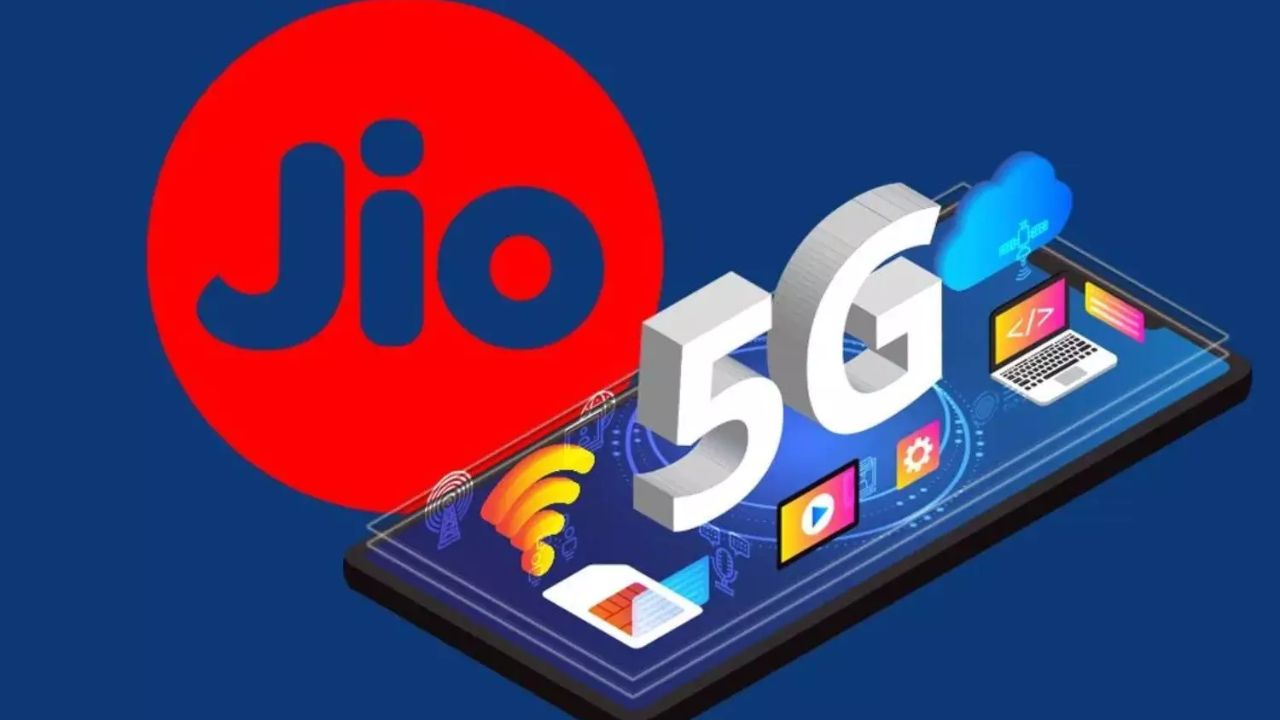Gaming has now outpaced all other entertainment industries in both user engagement and financial investment. That was the central point made by Dilsher Malhi, Founder and CEO of Zupee, during a recent industry summit. According to Malhi, gaming isn’t just a form of play anymore—it’s become a serious avenue for skill-building, education, and even healthcare innovation. His remarks were more than an observation; they were a call to action for India to rise as a global leader in gaming by nurturing innovation, upholding ethical standards, and investing in homegrown creative talent.
- Key Takeaways:
- From Childhood Memories to Digital Ventures: The Zupee Story
- India’s Dual Identity: Tradition Meets Technology
- Balancing Advancement with Responsibility
- The Impact of Artificial Intelligence on Entertainment
- Economic Influence and Future Trajectory
- A Collective Vision for India’s Digital Future
Key Takeaways:
- Gaming now surpasses all other entertainment sectors in terms of time and money spent, according to Malhi.
- He sees gaming as a powerful medium for learning, skill enhancement, and even healthcare outreach.
- Zupee, Malhi’s brainchild, has digitized classic Indian games like Ludo, garnering over 150 million users.
- Despite India being the largest mobile gaming market by consumption, it’s still lagging in original game development.
- Malhi underscores the necessity of marrying rapid technological progress with smart regulation.
- AI is expected to redefine entertainment as a whole, with gaming at the forefront of that shift.
- A cited BCG report notes Indian content creators influence over $350 billion in consumer spending—a number projected to exceed $1 trillion by 2030.
- Zupee emphasizes collaboration with policymakers to ensure the industry grows responsibly and ethically.
From Childhood Memories to Digital Ventures: The Zupee Story
For Malhi, the inspiration behind Zupee is deeply personal. Growing up in the small towns of Rajasthan, a 10-rupee Ludo board wasn’t just a toy; it was a source of connection and joy. “Growing up across small cities in Rajasthan, a humble 10 rupee board game, Ludo, symbolized bonding, laughter, and togetherness for me and my family. Years later, inspired by those memories, I have reimagined the simple board game with the power of technology, and I created Zupee,” Malhi shared.
What started as a nostalgic nod to childhood has now evolved into a major digital platform, reaching over 150 million users. This journey from living room fun to app-store success encapsulates the broader potential of marrying tradition with tech.
India’s Dual Identity: Tradition Meets Technology
Malhi describes India as a unique blend of deep-rooted culture and cutting-edge innovation, driven largely by a young, dynamic population. But there’s a clear disparity, he notes, in the gaming ecosystem: while India leads in mobile game consumption, its presence as a developer is still minimal.
“Currently India is the largest consumer of mobile games but not its largest creator yet. We are on the verge of changing this dynamic with immense support from a progressive government promoting innovation,” he pointed out.
His concern becomes more apparent when you glance at the most-played games in India. “If you Google top 10 games that are played in India, only one or two would be Indian made. Rest all of them are built outside India,” he noted. Malhi believes this can and should change, particularly with new policies encouraging local entrepreneurship.
Balancing Advancement with Responsibility
As with any rapidly growing sector, gaming comes with its own set of challenges. Malhi warned that tech development often outpaces regulation, stressing the need for balance. “With great potential comes an equally critical obligation. Technology inherently moves faster than regulation. It’s important that we nail this balance,” he remarked.
Rather than viewing regulation as a barrier, Malhi sees it as a framework for sustainable growth. “While many view regulation as a limitation, at Zupee, we have proactively collaborated with all the policymakers because we understand that good regulation doesn’t hinder innovation; it legitimizes and accelerates it,” he explained. According to him, this approach helps build a more trustworthy and inclusive gaming environment.
The Impact of Artificial Intelligence on Entertainment
Looking ahead, Malhi highlighted the seismic changes AI is set to bring to entertainment. “As we speak, all of us know a tsunami of innovation is coming our way and it’s just getting started, which is artificial intelligence. That’s going to change everything about how we create, distribute, and consume entertainment,” he said.
He believes gaming is particularly well-positioned to leverage AI, given its interactive nature. “Gaming sits at the pinnacle of it because gaming is the only form of interactive entertainment, and that reflects in everything – in terms of dollar spent, in terms of time spent, in terms of everything. Gaming is bigger than all other forms of entertainment,” Malhi added.
But more than just fun, he argues, gaming can be an engine for real-world benefits—from education and job creation to healthcare and social empowerment. This expands the conversation around gaming from being merely a pastime to a platform for meaningful change.
Economic Influence and Future Trajectory
Malhi pointed to a BCG report unveiled during the WAVES (World Audio Visual & Entertainment Summit), which underscores the economic power of Indian creators. It states that they currently influence over $350 billion in annual consumer spending, with that figure expected to surpass $1 trillion by 2030.
The implications are massive. With the right backing, India could not only participate in but actually lead the global digital entertainment surge. Malhi envisions a future where ethical tech practices born in the gaming space spill over into other industries, ultimately reshaping how India interacts with and empowers its citizens.
A Collective Vision for India’s Digital Future
In wrapping up his speech, Malhi urged all stakeholders—from content creators to regulators to investors—to take collective ownership of the sector’s future. “The seeds we plant in digital entertainment today will grow into lasting public goods tomorrow,” he said.
His final message was both aspirational and grounded: “Together, we can ensure India doesn’t just participate in the global digital entertainment revolution. It leads it, it owns it.” Achieving this vision, he believes, depends on investing in local talent, creating world-class content, and championing responsible innovation.
Frequently Asked Questions (FAQs)
Q1: What makes gaming a significant economic sector in India?
Gaming is a major economic force due to its vast user base, intense engagement, and growing consumer spending. The projected $1 trillion impact of Indian creators by 2030 further elevates its economic relevance.
Q2: How does Zupee incorporate traditional Indian games into its platform?
Zupee modernizes games like Ludo by transforming them into digital experiences, making them more accessible and engaging for contemporary users while preserving their cultural essence.
Q3: What is the current status of India as a creator of mobile games?
India tops the charts in mobile game consumption but still trails in development. Most of the highest-ranked games in the country are foreign-made, although efforts are underway to change that.
Q4: How does artificial intelligence affect the future of entertainment, especially gaming?
AI is set to revolutionize how entertainment content is produced, distributed, and consumed. In gaming, it can drive personalization, streamline design processes, and create richer user experiences.
Q5: Why does Dilsher Malhi emphasize the importance of balancing innovation with regulation in the gaming industry?
Malhi argues that thoughtful regulation is essential for sustainable growth. Instead of stifling innovation, he sees it as a tool that legitimizes and accelerates progress, ensuring long-term trust and industry integrity.


















